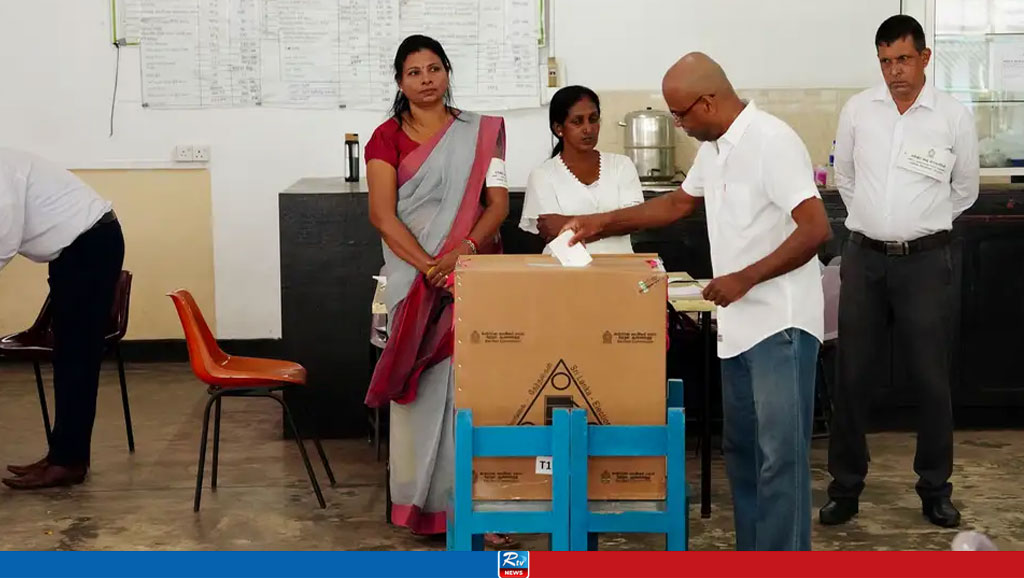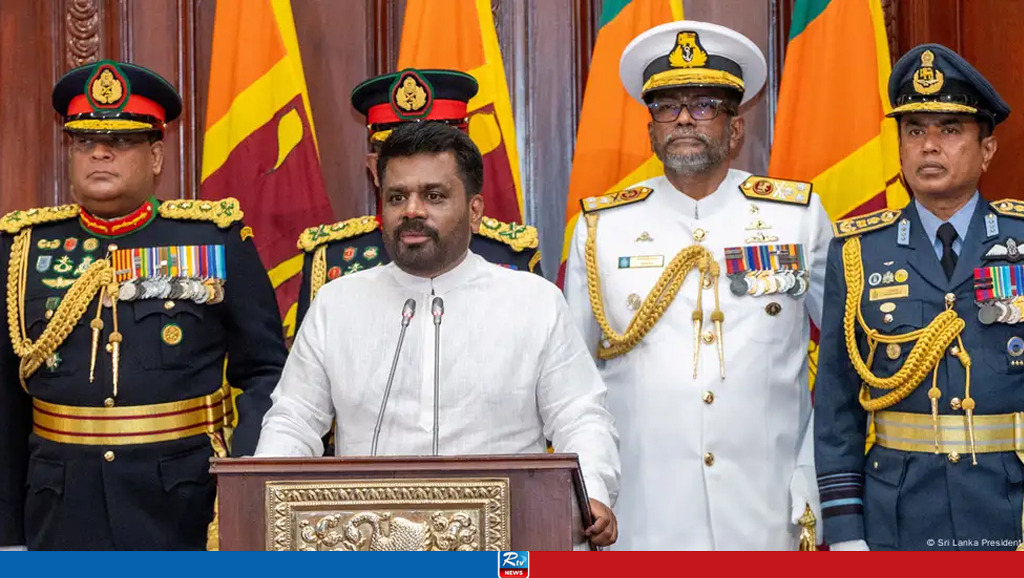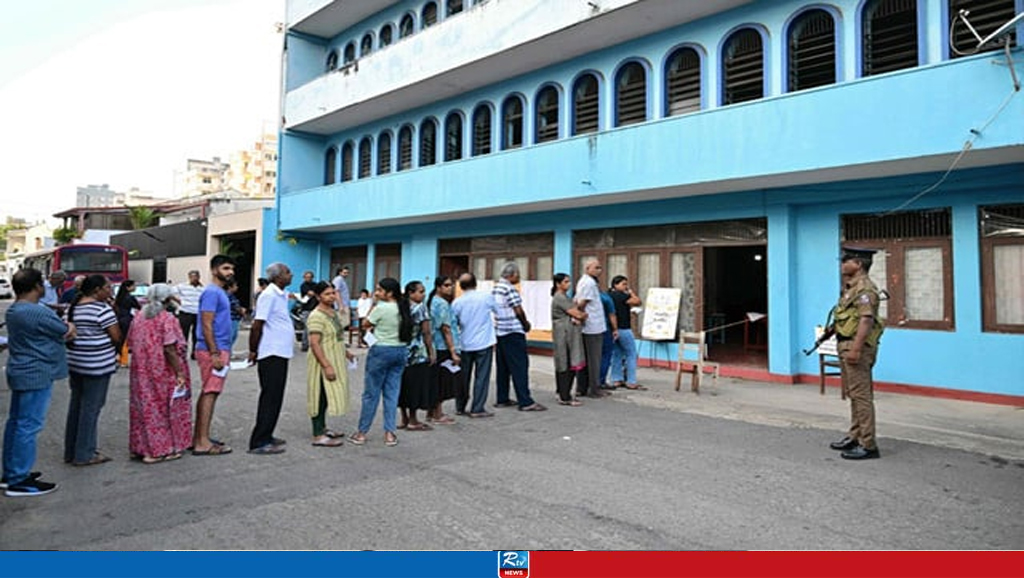Sri Lanka's New President: Leftist Leader Anura Kumara Dissanayake
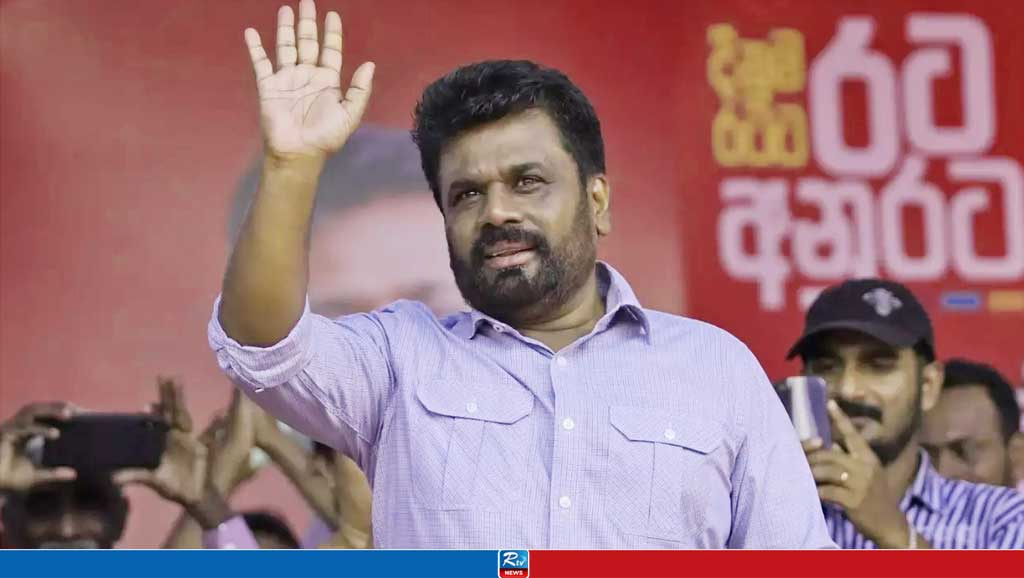
Anura Kumara Dissanayake, a leftist leader, has won the Sri Lankan presidential election. He defeated Sajith Premadasa and the incumbent President Ranil Wickremesinghe in two rounds of voting to claim victory.
On Sunday, September 22, after the second round of vote counting, the country’s Election Commission declared Anura the winner. This marked a historic moment as the 55-year-old Dissanayake became the first leftist leader to become the head of state in the island nation. Sri Lanka now has an elected president for the first time in over two years, following the former president’s exile during mass protests in 2022.
According to the Election Commission’s announcement, after Saturday’s voting, Dissanayake secured 42.31% of the votes. His closest rivals, Sajith Premadasa, leader of the opposition Samagi Jana Balawegaya (SJB), received 32.76%, while the incumbent President Ranil Wickremesinghe garnered only 17% of the vote.
Since no candidate secured 50% of the votes in the first round, a second round of counting was initiated. In this round, Dissanayake triumphed over Sajith Premadasa to claim victory.
Who is Dissanayake?
Dissanayake’s rise in politics resembles something of a fairy tale. He distinguished himself from established politicians by offering a fresh perspective, which helped him garner public support as a leftist leader.
Born in 1968, Dissanayake became politically active during his student years. Over time, he gained a reputation as a fierce critic of Sri Lanka’s corruption and weak governance. In 1995, he joined the Politburo of the Janatha Vimukthi Peramuna (JVP). He was first elected as a lawmaker in 2000, served as Minister of Agriculture, Livestock, Land, and Irrigation from 2004 to 2005, and worked as the Chief Opposition Whip from 2015 to 2018.
On February 2, 2014, Dissanayake was elected as the leader of the JVP at its 17th National Convention. His long political journey has made him an important and influential figure in Sri Lankan politics.
In this election, Dissanayake was the candidate of the NPP (National People's Power) coalition, led by the JVP. This coalition had never been the main opposition before, and had only three seats in Sri Lanka’s 225-member parliament.
However, after former President Gotabaya Rajapaksa fled the country amid mass protests, the JVP’s popularity began to rise. The party had played an active role in those protests. Following the movement, the JVP called for broader systemic changes. Its firm stance on social justice and anti-corruption attracted citizens, increasing Dissanayake’s personal appeal as well.
In the 1970s and 1980s, the JVP had led two Marxist-inspired uprisings. However, the ruling powers brutally crushed these movements. The JVP faced mass arrests, torture, abductions, and mass killings, with at least 60,000 people associated with the party losing their lives, including its founder Rohana Wijeweera and most senior leaders.
After the uprisings failed, Dissanayake, now 55, became a member of the JVP’s Politburo, and the party moved away from violence. Analysts believe that Dissanayake has succeeded in building a broad coalition across different sectors of society, paving the way for his victory.
Comments
British King Charles May Visit Bangladesh
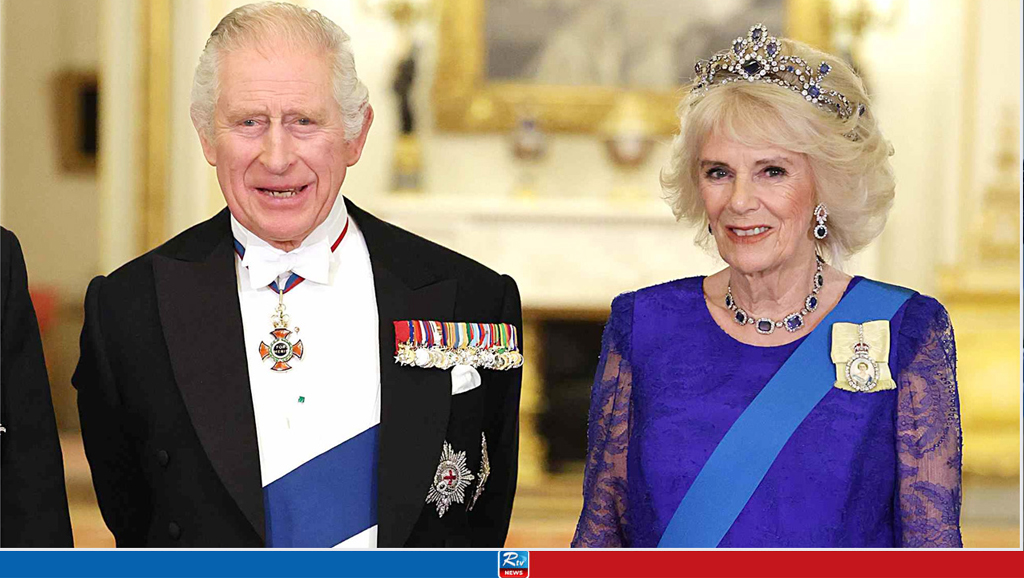
ASEF Executive Committee Meeting Held in Singapore
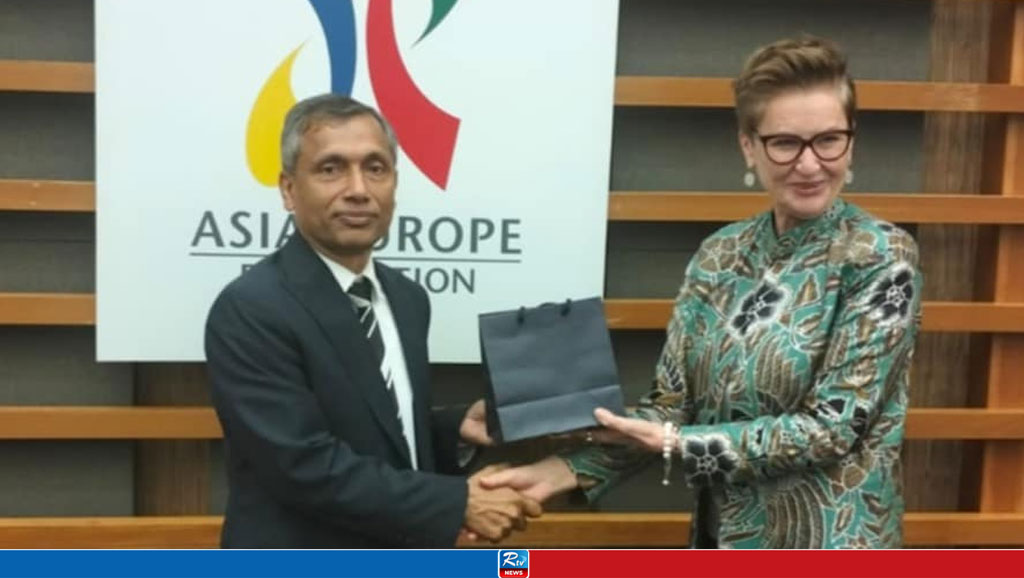
UNGA Decides to Hold High-Level Conference in 2025 to Propose a Time-Bound Plan
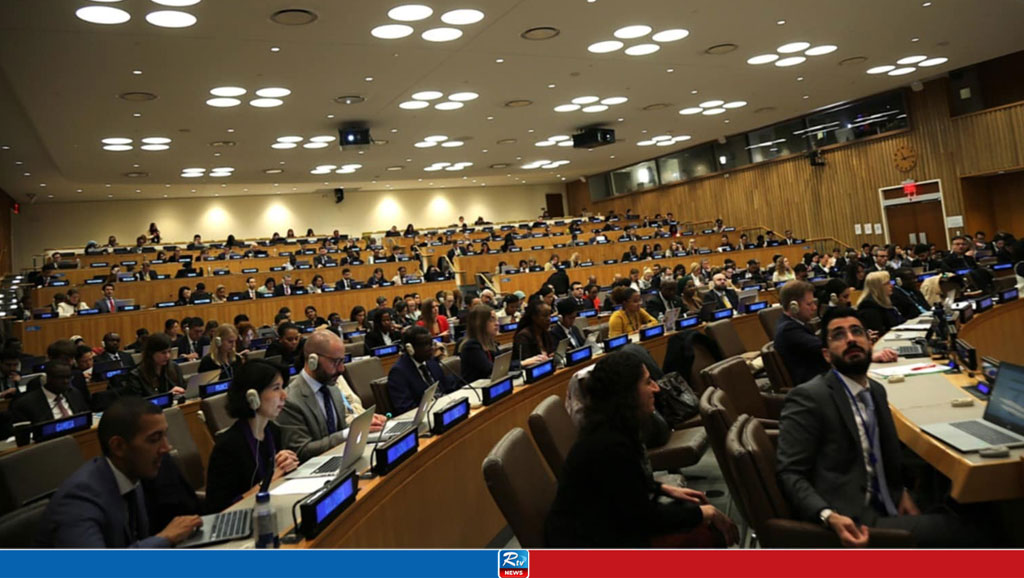
Calin Georgescu Leads Romania's Presidential Race in First Round
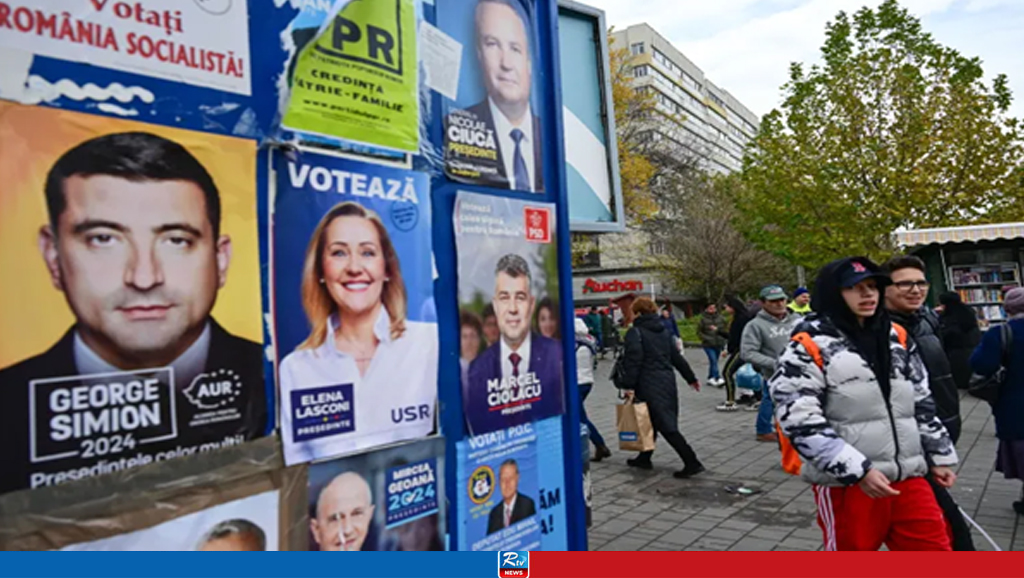
DHL Cargo Plane Crashes Near Vilnius Airport in Lithuania

Japan's Space Agency Aborts Epsilon S Rocket Test After Fire
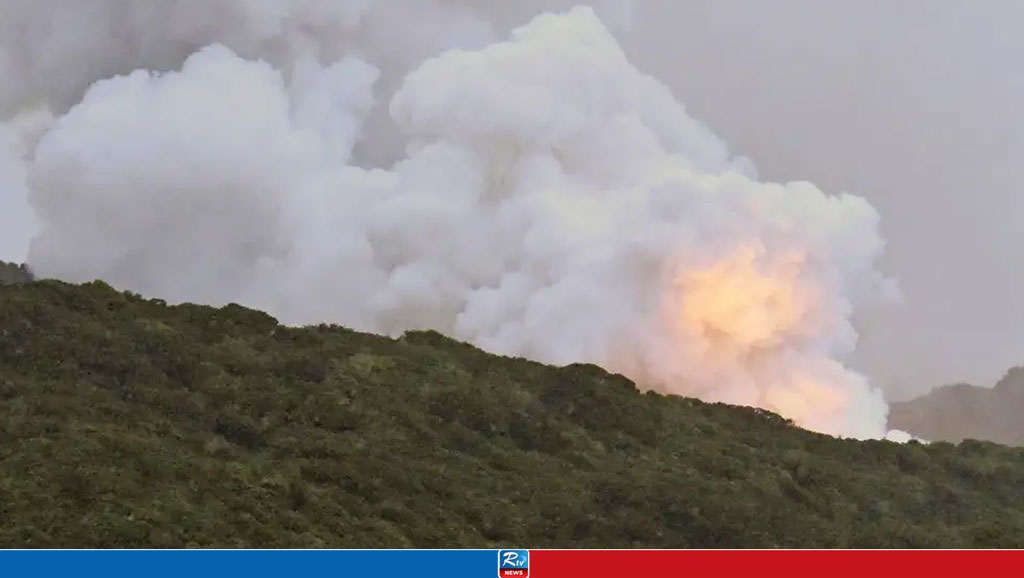
Mahathir Calls for Unity Among Bangladesh’s Political Leaders


 Live Tv
Live Tv

